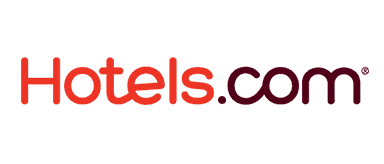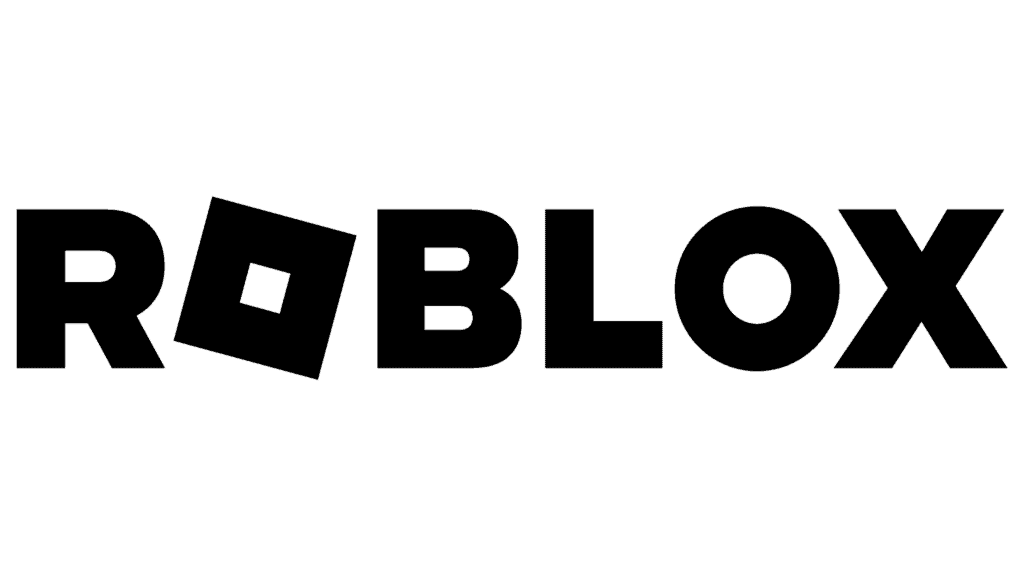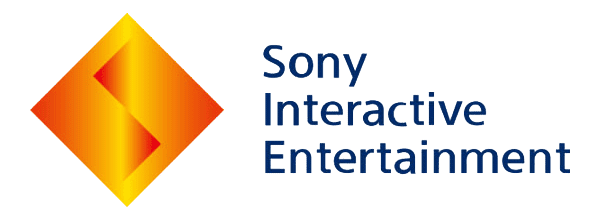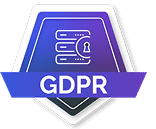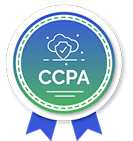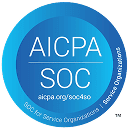Zero Compromises.
Why even consider a vendor that isn’t fully secure and compliant?
100% security is the only standard we accept. You can’t risk working with anyone else. Partner with Arkose Labs to meet and exceed the compliance requirements of Fortune 100 enterprises—verified by accredited third-party auditors.
Contact Us
Our Security Standards:
Higher Than Anyone's.
Our unmatched commitment to compliance means:
Assurance your security needs are met
Reduced vendor risk and quicker approvals
Confidence in a partner that scales with you
A faster procurement process
Built to Exceed the Toughest Standards
We don’t just meet the baseline. We set the bar.
Security First
Certified ISMS with robust security controls.
Non-Negotiable Compliance
You’re under attack. Why even consider a vendor that isn’t fully secure and compliant? No one else comes close to our level of security.
Contact us at internal-security@arkoselabs.com to get your personalized security assessment.





